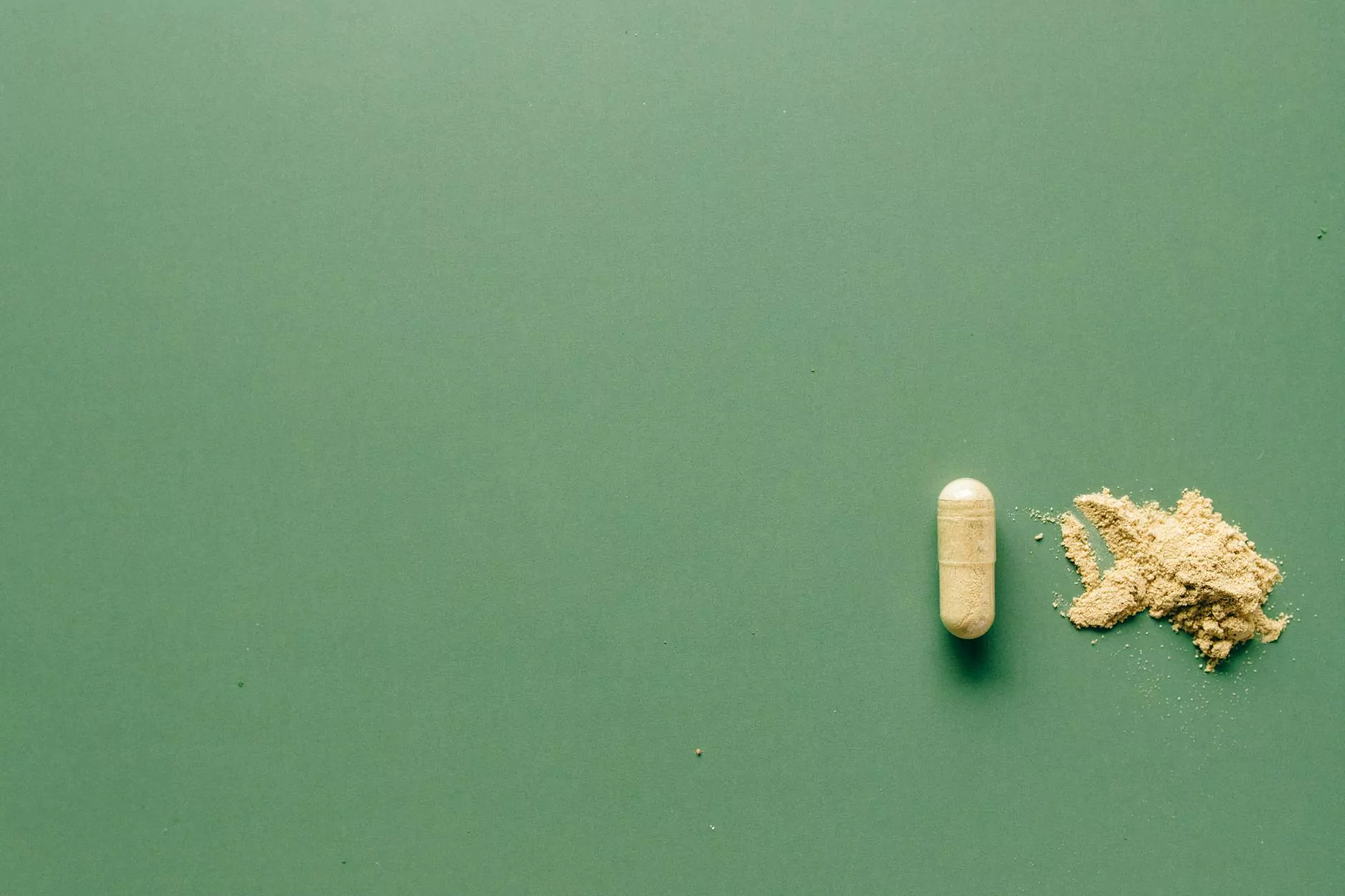Business in the Sugar Industry: Unlocking Growth and Market Opportunities with Premium Organic Sugar

In the ever-evolving landscape of the global food and beverage sector, the sugar industry continues to hold a prominent position due to its integral role in culinary arts, food manufacturing, and health-conscious consumer trends. As demand for healthier options increases, particularly organic products, understanding the nuances of the organic sugar price and the dynamics of sugar supply becomes critical for businesses seeking a competitive edge.
Understanding the Sugar Industry: Trends, Challenges, and Opportunities
Market Overview and Industry Growth
The sugar industry has experienced significant growth driven by both traditional farming economies and emerging markets. With consumers becoming more aware of health and sustainability, the shift towards organic sugar products has accelerated exponentially. Countries like Brazil, India, and Thailand are major producers and exporters, contributing heavily to the global supply chain.
Brazil, in particular, has established itself as a leading sugar supplier with vast plantations and a robust export infrastructure. The rise in demand for organic sugars, which are produced without synthetic fertilizers and chemicals, has created new opportunities for farmers and companies that prioritize sustainable practices and eco-friendly production methods.
Market Challenges
- Pricing Volatility: Fluctuations in organic sugar prices can impact margins and supply chain stability.
- Supply Chain Disruptions: Climate change, political instability, and logistical issues can hinder consistent supply.
- Regulatory Barriers: Certification and compliance requirements differ across countries, creating barriers to entry and consistency in product standards.
- Consumer Education: Increasing awareness about organic benefits requires businesses to educate consumers effectively, influencing market demand.
The Importance of Organic Sugar in Modern Business
Why Organic Sugar is a Game Changer
Organic sugar not only appeals to health-conscious consumers but also aligns with global sustainability goals. Because it is derived from crop varieties cultivated without harmful chemicals, it offers benefits such as:
- Environmental Sustainability: Less chemical runoff, improved soil health, and reduced carbon footprint.
- Consumer Trust and Loyalty: Consumers increasingly seek transparency and ethically produced goods, strengthening brand loyalty.
- Premium Pricing Opportunities: Organic products often command higher prices, resulting in better margins for suppliers and manufacturers.
The Role of a Reliable Sugar Supplier in Business Success
Partnering with a trusted sugar supplier such as Brazil Sugar Top Suppliers is crucial to maintaining supply stability, quality assurance, and cost competitiveness. A reputable supplier provides not only high-grade organic sugar but also offers insight into market trends, pricing strategies, and sustainable sourcing practices.
Maximizing Profitability: Navigating the Organic Sugar Price
Factors Influencing the Organic Sugar Price
Understanding what influences organic sugar prices enables businesses to plan procurement strategies effectively. Key factors include:
- Supply and Demand Dynamics: Limited organic farms and rising demand can lead to price increases.
- Production Costs: Organic farming methods typically require higher inputs and certification processes, which can elevate prices.
- Weather and Climate Conditions: Droughts, storms, or unusual weather events can reduce yields, impacting prices.
- Global Market Fluctuations: Currency exchange rates, trade policies, and international demand influence organic sugar costs.
Strategies to Secure Competitive Organic Sugar Prices
To preserve margins and ensure supply stability, businesses should employ strategic approaches, such as:
- Building Long-term Partnerships: Establishing relationships with reliable suppliers like Brazil Sugar Top Suppliers to negotiate better rates and priority access.
- Bulk Purchasing: Buying in large quantities can reduce per-unit costs and stabilize pricing.
- Engaging in Forward Contracts: Locking in prices ahead of time to hedge against volatility.
- Monitoring Market Trends: Staying informed about global market movements and adjusting procurement schedules accordingly.
- Certifications and Quality Assurance: Prioritizing suppliers with proven organic certification to guarantee product integrity and pricing fairness.
How to Identify a Top Sugar Supplier: Key Criteria
Choosing the right sugar supplier is pivotal for success. Here are essential factors to consider:
- Quality Assurance: Certified organic, with strict adherence to international standards such as USDA Organic, EU Organic, etc.
- Competitive Pricing: Offering realistic, market-aligned organic sugar prices.
- Reliable Supply Chain: Proven track record of timely delivery and consistent product quality.
- Transparency and Traceability: Ability to trace the product from farm to final destination which builds consumer trust.
- Sustainable Practices: Implementation of environmentally friendly farming, harvesting, and processing techniques.
Emerging Trends Shaping the Future of Sugar Business
Growing Consumer Preference for Organic and Natural Products
The organic movement continues to influence the global sugar market. Consumers are increasingly scrutinizing ingredient labels and favoring products with transparent, sustainable production histories, thus driving demand for organic sugar.
Innovation in Sugar Processing and Certification
Advancements in eco-friendly extraction methods and digital certification tools are making it easier for suppliers to meet organic standards. Blockchain technology, for example, enhances traceability and assures consumers and buyers of product authenticity.
Expansion of Organic Sugar Products in New Markets
Emerging markets like Asia and Africa present significant opportunities for organic sugar suppliers. As middle-class incomes rise and health awareness grows, markets that previously prioritized cheap processed sugar are shifting towards healthier options.
Conclusion: Strategic Insights for Thriving in the Sugar Industry
The plethora of opportunities in the sugar business, particularly within the organic segment, make it a compelling industry for entrepreneurs and established companies alike. Success hinges on understanding market dynamics, securing quality raw materials at competitive organic sugar prices, and fostering strong partnerships with dependable suppliers like Brazil Sugar Top Suppliers. Embracing sustainability, innovation, and consumer preferences will enable businesses to not only grow but also strengthen their brand reputation.
Investing in high-quality organic sugar sourcing and strategic market positioning ensures a solid foothold in this lucrative sector. As the industry continues to evolve, those who prioritize transparency, quality, and sustainability will lead the way, unlocking significant profits while contributing positively to environmental and social goals.
Learn More and Connect with Leading Organic Sugar Suppliers
If you're seeking the best organic sugar price and wish to build a resilient, profitable business, consider partnering with top-tier suppliers. For premium, reliable, and sustainably produced organic sugar, visit Brazil Sugar Top Suppliers. Their expertise, extensive network, and commitment to quality will help you achieve your business goals efficiently and ethically.









